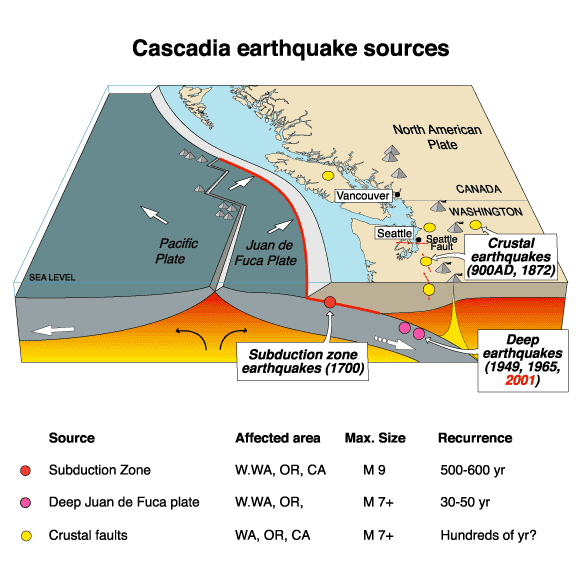I've been talking about this for sometime, a large earthquake hitting either Tokyo/Osaka region, California or Hebei province (Beijing) can create a world depression that would plunge oil to $30. Depending on where it hits, casualties can run into the millions of people (if it hits Hebei province).
Even a wave that hit off the coast of sparsely populated Sendai can cause so much havoc, imagine if the epicentre of that megathrust moved south 400 miles, casualties would be in the hundreds of thousands and we will be in depression today.
Since the Indonesian Sumatran megathrust in 2004, there has been a height in seismic activity and that activity has spread beyond the remote islands in Indonesia.
Unlike a financial crisis, no amount of money printing or central bank intervention can prevent the fallout from such a disaster.
Even a wave that hit off the coast of sparsely populated Sendai can cause so much havoc, imagine if the epicentre of that megathrust moved south 400 miles, casualties would be in the hundreds of thousands and we will be in depression today.
Since the Indonesian Sumatran megathrust in 2004, there has been a height in seismic activity and that activity has spread beyond the remote islands in Indonesia.
Unlike a financial crisis, no amount of money printing or central bank intervention can prevent the fallout from such a disaster.



Comment